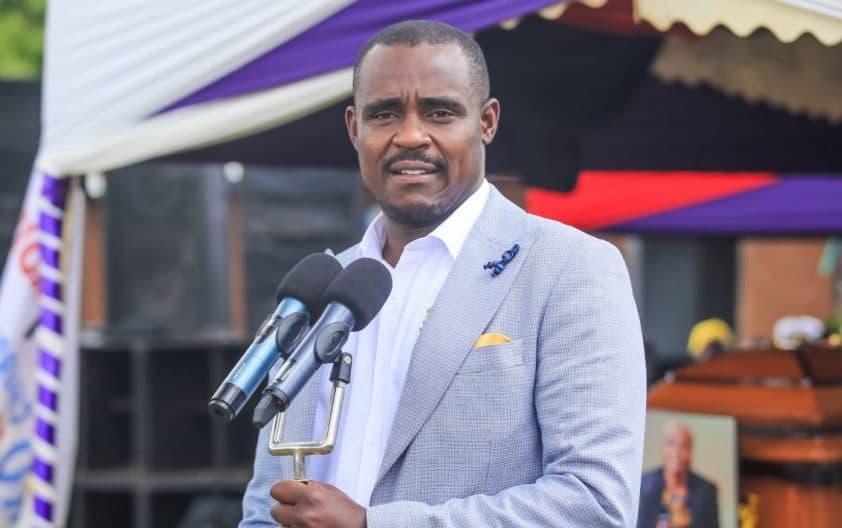We're loading the full news article for you. This includes the article content, images, author information, and related articles.
Democracy for the Citizens Party (DCP) deputy leader Cleophas Malala has criticized recent government efforts to compensate victims of protests, arguing that payouts without accountability are insufficient and that many abuses remain uninvestigated.

Kakamega, Kenya — September 27, 2025 (EAT).
Democracy for the Citizens Party (DCP) deputy leader Cleophas Malala has criticized recent government efforts to compensate victims of protests, arguing that payouts without accountability are insufficient and that many abuses remain uninvestigated.
Speaking at a public forum in Kakamega, Malala said: “Victims do not just want money — they want justice. Compensating them without uncovering who ordered violence or punishing perpetrators is a disservice.”
He challenged officials to launch independent investigations into police misconduct, extra judicial acts and state violence that accompanied recent demonstrations in several counties.
In recent months, the government announced compensation packages for civilians injured or harmed during protests, as part of a larger reconciliation and public-relations push.
However, many citizens and human rights groups have expressed skepticism, saying the payments amount to a form of “quiet settlement” that glosses over structural impunity.
Malala’s comments tap into wider calls for transitional justice mechanisms, such as truth commissions, prosecutorial reviews, and damaged relationship repairs between state and society.
Accountability pressure: The government might be pressured to publish investigation reports, criminal charges, or judicial reviews.
Public confidence: If compensation is perceived as slush money without remedy, it may erode trust in state redress mechanisms.
Political leverage: Opposition actors may use the issue to rally protests further, framing the government as paying lip service.
Legal precedent: The demand reinforces theories that victim rights include both material compensation and non-material rights such as dignity, restitution, and redress.
Keep the conversation in one place—threads here stay linked to the story and in the forums.
Sign in to start a discussion
Start a conversation about this story and keep it linked here.
Other hot threads
E-sports and Gaming Community in Kenya
Active 9 months ago
The Role of Technology in Modern Agriculture (AgriTech)
Active 9 months ago
Popular Recreational Activities Across Counties
Active 9 months ago
Investing in Youth Sports Development Programs
Active 9 months ago